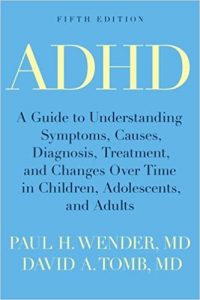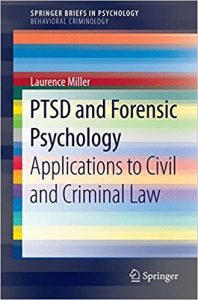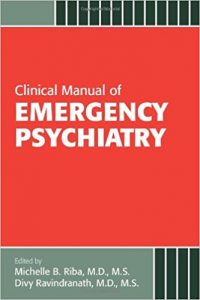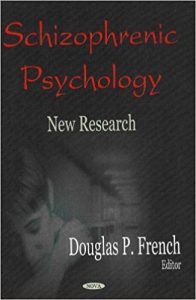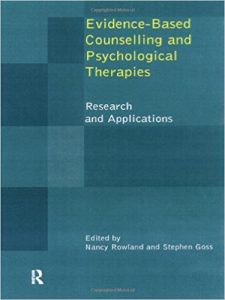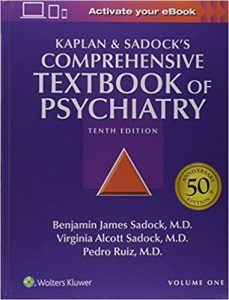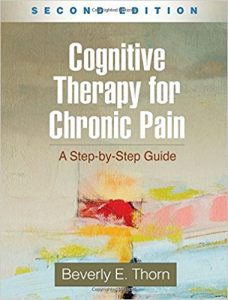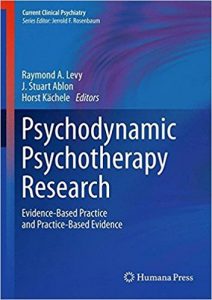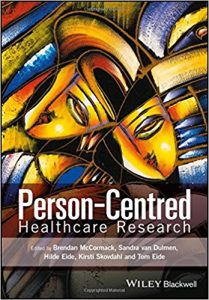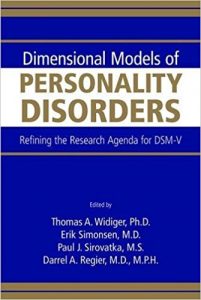
[amazon template=iframe image2&asin=0890422966]
DSM-IV and ICD-10 both diagnose personality disorders categorically, yet studies indicate that many patients meet criteria for an excessive number of diagnoses, raising the question of whether personality disorders are discrete conditions or rather distinctions along dimensions of general personality functioning. This collection of papers renews long-standing proposals for a dimensional model of personality disorder, describing alternative models, addressing questions about their clinical application and utility, and suggesting that future research seek to integrate such models within a common hierarchical structure.
With contributions by preeminent researchers in the field, Dimensional Models of Personality Disorders is drawn from a conference series convened by APA, WHO, and NIH in order to plan for the fifth edition of the DSM. The Nomenclature Work Group concluded that consideration should be given to basing part or all of DSM-V on dimensions rather than categories, and recommended that a dimensional model for personality disorders should serve as a basis for exploring dimensional approaches in other areas. Accordingly, the volume opens with a presentation of 18 proposals for dimensional models and proceeds with provocative contributions on a number of related issues ranging from hard science to clinical practice. Among the topics addressed are – Behavioral and molecular genetic research supporting an etiologically informed dimensional classification of personality disorders- The as-yet tenuous associations between dimensional trait measures of personality as contained in the models of Cloninger, Depue, and Siever-Davis, and specific neurobiological measures, as examined in neurotransmitter research- Potential links between childhood and adolescent temperament and personality dimensions and adult personality psychopathology- Studies examining the covariation of personality dimensions across cultures- The continuity of Axis I and Axis II disorders and a proposed hierarchical structure of mental disorders that integrates the psychopathology of Axis I disorders with specific personality traits- The dual challenges of coverage and cutoffs that must be addressed if dimensional models are to be considered viable alternatives to the existing categorical diagnostic system
Although the editors acknowledge that concerns are certain to be raised regarding conversion to a dimensional classification — such as the disruption to clinical practice by a radical shift in diagnosing personality disorder — these papers make a strong case for opening the field to alternative ways of enhancing clinical utility and improving the validity of basic classification concepts. Together, they offer stimulating insight into how we approach personality disorders, with the hope of encouraging a new model of diagnosis for DSM-V.
DOWNLOAD THIS BOOK FREE HERE
